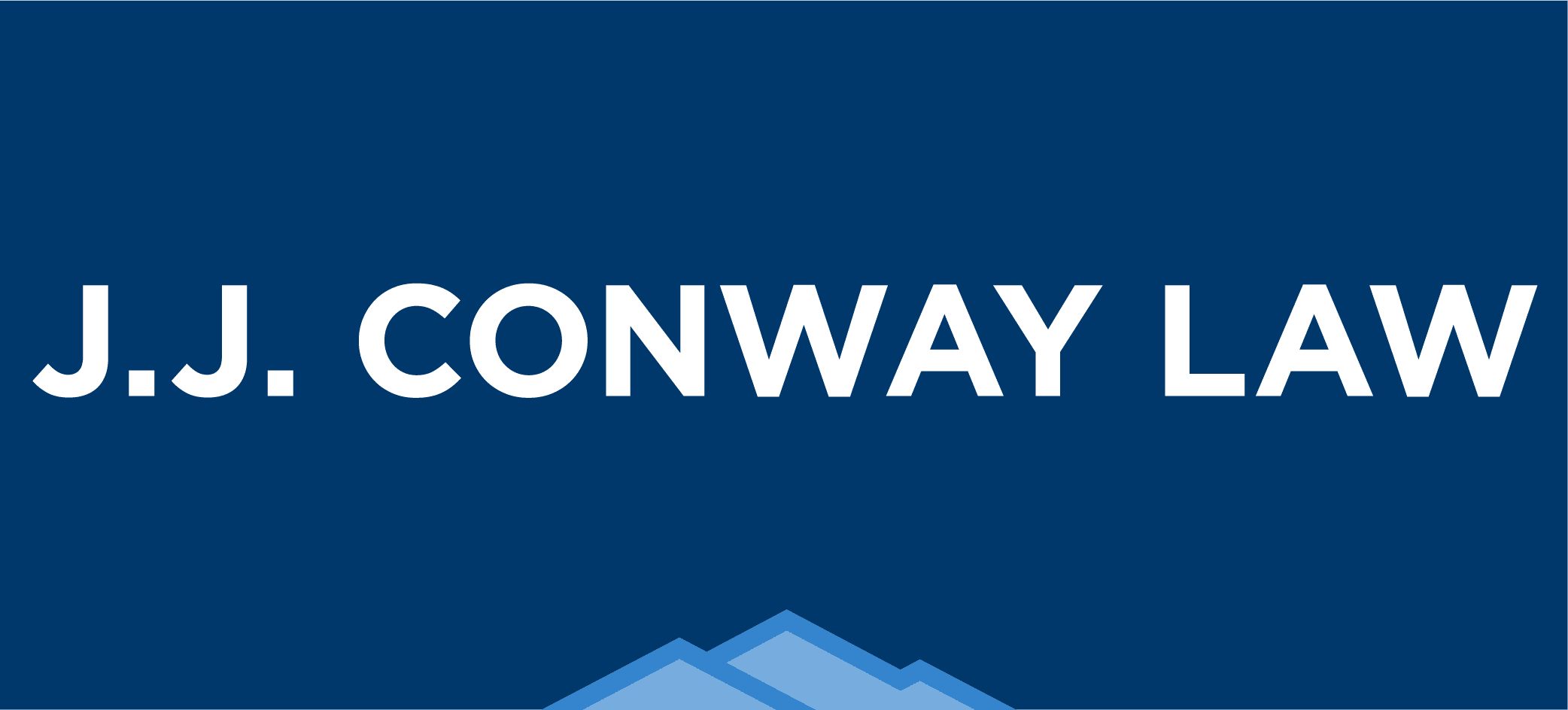Byline: Kelsey Dulz, Rising 2L at Detroit Mercy School of Law
Before this summer, I hadn’t given much thought about benefits law. I would be remiss if
I didn’t admit that any assumptions I had were rooted in the idea that the work mostly
involved being on hold with insurance companies all day. While I did, in fact, spend
plenty of time on hold, I’ve come to understand just how complex, technical, and
essential this area of law truly is.
This summer, I worked on client matters involving healthcare claims, disability benefits,
pensions, and ERISA. Benefits law is deeply rooted in contract law, but the matters
couldn’t be more personal. Whether someone gets access to healthcare, can afford
rent, or is able to retire often depends on how well we interpret and advocate within the
pages of an insurance policy.
Here is what I’ve learned:
“No” is default. Every letter I drafted was in response to a claim that had already been
denied. Sometimes unfairly, sometimes carelessly, and sometimes a result of a routine
review by an insurer. In this practice, “No” is just the starting line for a long, uphill battle
to build the case for “yes.”
Benefits law is all about the contract. The policy controls everything: what qualifies as a
disability, what deadlines apply, what documentation is required. The challenge, and
sometimes the advantage, is knowing how to take the plain policy language and match
it to the client’s lived experiences.
Benefits litigation is a battle fought long before it ever reaches a courtroom, if it ever
does. It is a war of paperwork, deadlines, waiting, and strategy. The writing often moves
quickly, but the responses don’t. Waiting on medical records, insurer reviews, or even a
basic status update, can take days or weeks.
The advocacy is deeply personal. I spent a great deal of my time drafting appeal letters,
supplemental appeals, and even supplements to the supplements, when insurers
claimed (falsely) earlier submissions were insufficient. I scrolled through thousands of
pages of medical records, policies, and correspondences, to make sure that an
accurate narrative of our clients was as best supported as possible.
Benefits law is a test of endurance—physically, emotionally, and procedurally. Clients
come to us feeling frustrated and defeated. I learned that this area of law requires not
just legal skills, but empathy and patience. You’re not just interpreting the law; you are
advocating for someone in a system that often seems designed to wear them down.
What I have come to appreciate is that benefits litigation isn’t just about framing legal
arguments and citing precedent, it’s about telling your client’s story in a way that cannot
be ignored. It is a form of advocacy using the right documents. We don’t start in court;
we start with a letter. And that letter can mean everything: stability, medical care, a living
income, retirement.
I entered into this clerkship not knowing what to expect. I’m leaving with a profound
respect for the attorneys who do this work every day, and for the clients who keep
fighting through a system that too often forgets who it’s supposed to serve. I am
incredibly grateful for the experiences I’ve had this summer, and I know I will be a better
lawyer, and a better person, because of it.
Kelsey Dulz is a law student at University of Detroit Mercy School of Law, where she is
pursuing a J.D. This summer, she gained firsthand experience in benefits litigation,
advocating for clients navigating disability claims, assisting in six-figure healthcare
coverage disputes, and reviewing multi-million class-action lawsuits. Kelsey was
accepted onto the school’s Moot Court Board of Advocates, where she will continue to
develop her oral advocacy skills. She is at the beginning of a promising legal career and
looks forward to returning to class to further hone her writing and advocacy.



Recent Comments